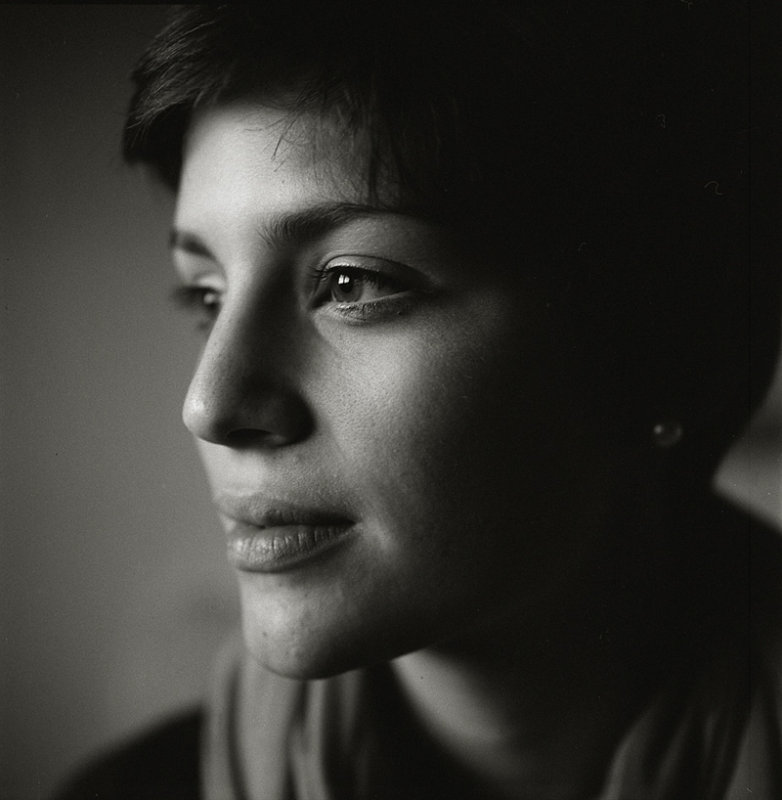Photo_Smith
Well-known
Not sure about clunky, the reversed image takes some getting used to especially for moving objects, but the winder on my Rollei is smooth as are the shutters–so sweet using my 'blad feels clunky! ;-)
My tips for TLR use is remember not to shoot up peoples noses from the waist, if you have a Rollei buy a Rolleinar close up (one of the big benefits of the C330 is close ups)
I think for cheap high performing cameras Rolleicord/Yashica/Autocord takes some beating.
You might like to look into a Rollei T which has a Tessar lens with most of the 'Flex DNA with regards to finders, film advance and accessories.

The little Tessar lens is no slouch either, after ƒ8 it is comaparable with Xenitar/Planar types (in my opinion)

They make good street camera's (hard not to shoot from the hip unnoticed) and people are incredibly positive when I'm out and about with it which is a double edged sword if you just want to get on and not chat 🙂
My tips for TLR use is remember not to shoot up peoples noses from the waist, if you have a Rollei buy a Rolleinar close up (one of the big benefits of the C330 is close ups)
I think for cheap high performing cameras Rolleicord/Yashica/Autocord takes some beating.
You might like to look into a Rollei T which has a Tessar lens with most of the 'Flex DNA with regards to finders, film advance and accessories.

The little Tessar lens is no slouch either, after ƒ8 it is comaparable with Xenitar/Planar types (in my opinion)

They make good street camera's (hard not to shoot from the hip unnoticed) and people are incredibly positive when I'm out and about with it which is a double edged sword if you just want to get on and not chat 🙂

